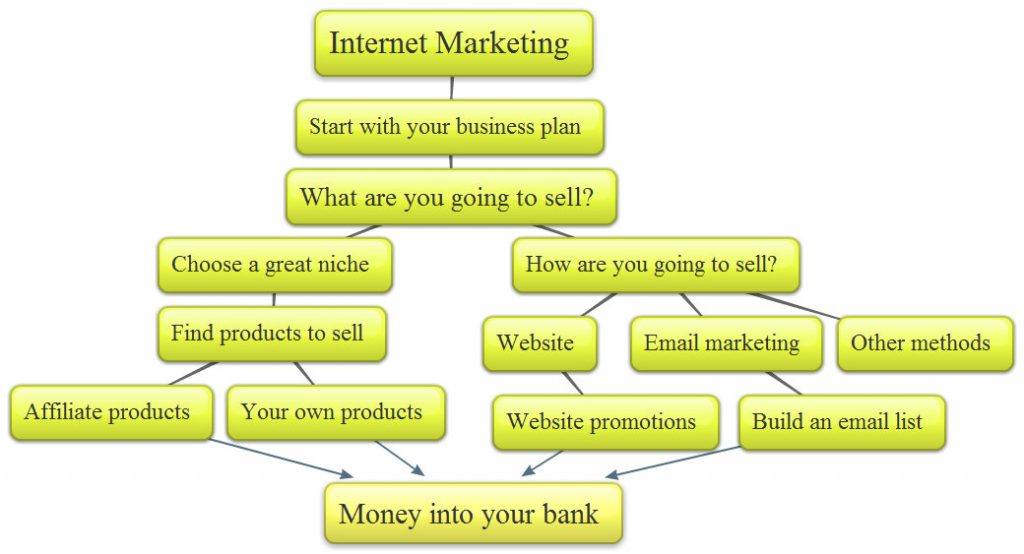By Victor Ikem


Companies with strong marketing orientation, especially those companies with global footprints, most as a matter of necessity have a well-structured and agreed marketing policy
Marketing policy is not the same as or necessarily a marketing strategy. A marketing policy should seek to answer some fundamental questions about how a company and its products and services should be perceived. For instance, how do you promote your products or services to children, the poor or less privileged, the technologically deficient, vulnerable, and disabled and even in religiously distinct societies.
Do you develop or modify existing products and position same in response to how you understand the needs of every market?
Especially in marketing to children, how does a company create its marketing messages, visuals and tone of voices as well as select the medium of exposure?
As a marketing manager or a CMO leading marketing function tasked with developing marketing strategy for the success of your company’s product and service in any market, should the most fundamental place to start be by deciding how to engage with various categories of targets for your products or services, segmented by whatever demographic facts?
Coca-Cola, the world’s most dynamic and futuristic marketing company, in 2015 released what the company called its ‘responsible marketing policy’. That policy document enumerated how Coca-Cola intended to present its marketing efforts to children, schools, on television, radio and print, on mobile platforms, on internet and even with youth education, emphasizing that every brand presence in any educational program should emphasis sponsorship instead of advertising.


On Internet and Mobile Phones marketing, the Coca-Cola clearly stated that it recognizes the growing use of the Internet and mobile phones amongst children. While it believes the Internet can be a wonderful learning tool and mobile phones may be considered a necessity, the company will not buy advertising on Internet sites or mobile phones directly targeted to children. Where data is available, the company said will not place marketing messages on Internet or mobile phone programs where more than 35% 1 of the audience is comprised of children.
The difference between Coca-Cola and most other global and local companies is that Coca-Cola has a marketing policy document which the company promises to follow strictly.
Should marketing policy become a matter of self-regulation, self-monitoring and self-enforcement or be subjected to federal regulation and control?
In developing a marketing policy, should a company be driven only by intrinsic profit goal and corporate vision or by much humanistic or public-good mindfulness and sustainability intentions?
Should a company consider a permission based marketing instead of dumping unsolicited messages and commercials on intended consumers or audiences?
What really is you company’s marketing policy?
Victor Ikem is marketing enthusiast and communication persona. He can be reached via ikemvctr@gmail.com












































